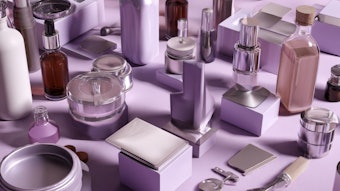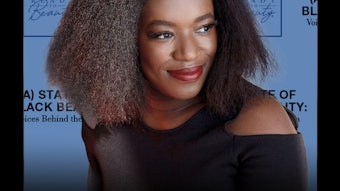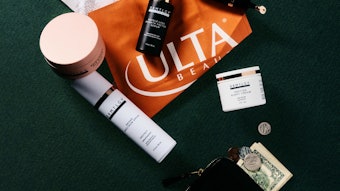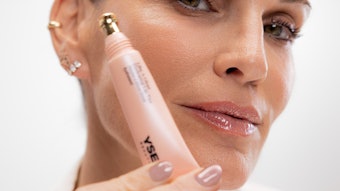At industry gatherings over the past year, I have been pulled aside countless times by perfumers and other fragrance industry colleagues and asked what I make of fragrance critics and bloggers. These colleagues tend to be filled with a mix of anxiety, irritation and distaste born of a sense of being either misunderstood or misrepresented in venues outside of the industry’s control. While I share many of these misgivings, one cannot paint with too wide a brush or ignore the fact that new media has changed the playing field for all of human communication and interaction—and it’s not changing back.
It is difficult to think of any consumer products (laptops, washing machines) or art forms (novels, paintings) that are not received and analyzed by a well-established critical audience. Curiously, fragrance is not one of them. When fragrances launch, one does not read reviews in all of the major newspapers and consumer Web sites as one would in the case of a television show or electronic device. Aside from three high-profile critics (off the top of my head), there is virtually no mainstream, professional criticism being written about scent. In the Web 2.0 age, that void has been inevitably filled by genuine, independent fragrance lovers—whatever the quality of their critical chops. Fragrance-centric blogs can run the gamut from sub-literate meanderings to gorgeously written and well-informed discussions of the power and beauty of fragrance. Perhaps some of my colleagues would argue which ones are which.
In the course of my conversations around the industry, I’ve found it most helpful to analyze my colleagues’ arguments instead of merely debating whether the Web propagates misinformation (it does, at an alarming rate). With that in mind … Critics of the critics (both professional and non-) often complain that fragrance is a uniquely subjective art and that bloggers and critics are only offering an opinion. To both arguments, I say: true. However, can anyone name a piece of technical or fine art that is not ultimately subjective? Is a film ever quantitatively bad? Of course not. These realities are inherent in the work of a critic. The value of criticism lies not in black and white realities, but rather in careful, considered discussions of aesthetics. Good critics make coherent arguments based on life experience, personal taste and expertise, and a solid knowledge of their audience; bad ones do not. Neither is able to establish ultimate truth.
Some have even argued that fragrance critics and bloggers are “in it for the money.” While I doubt many people are financing yachts with the money made from ad banners, a minute handful of print and online writers are finding their efforts somewhat lucrative. But just because one is paid to do something doesn’t mean they don’t love their work. Just ask a perfumer.
Finally, the critics of the critics make the accusation that fragrance writers don’t have technical/olfactive backgrounds. The argument that one cannot critique what one cannot do is an old and flawed one. Ask a sports writer. Having a solid knowledge base of fragrance and fragrance materials is of course key to being a worthy critic or blogger, but that doesn’t mean only industry insiders are up to the task of seriously discussing scents. Our best food writers may not possess the skill of the chefs that serve them, but they certainly understand the context and value of the meal sitting in front of them. And many of our finest film critics couldn’t work a camera to save their lives, yet they understand the minutiae of the images and techniques displayed on the movie screen. Director Francois Truffaut, as a case in point, started out as a venerated critic well before he shot a single frame of film.
So, to answer my own headline: yes, fragrance criticism and bloggers are ultimately good for the industry. A lively and devoted discourse is the lifeblood of any art form, and fragrance has for too long been ignored. Ironically, the same technology that has spawned so many facile anonymous critics has also made it possible for the first time to engage in a global conversation about the beauty, magic and passion of perfume. I hope that the industry learns to harness this untapped energy. Ultimately it will help, not harm, the industry. It’s not a perfect system, but then what is?
Jeb Gleason-Allured is the editor of Perfumer & Flavorist magazine, GCI magazine's sister publication. He was inducted as an honorary member of the American Society of Perfumers in 2008. This editorial originally ran in the December 2008 issue of Perfumer & Flavorist magazine.










